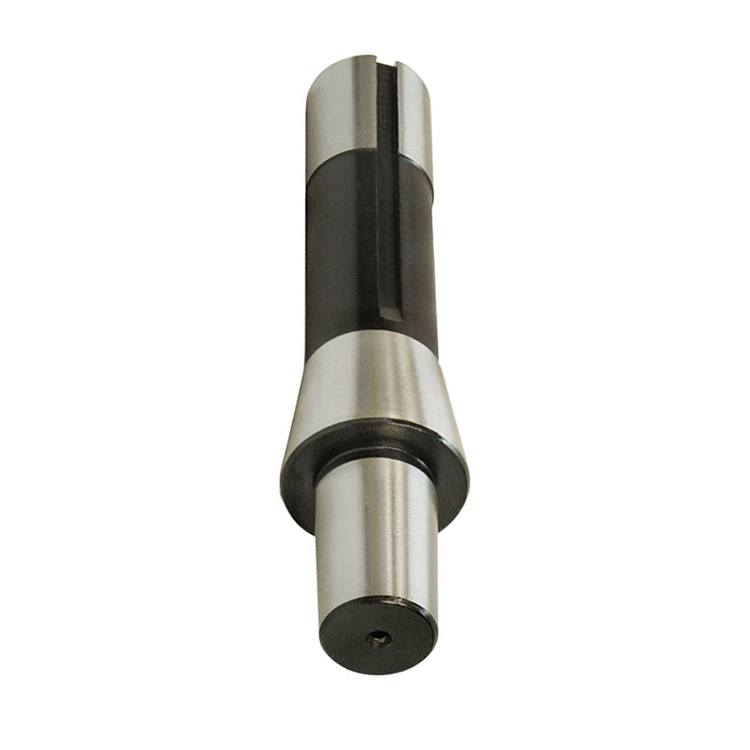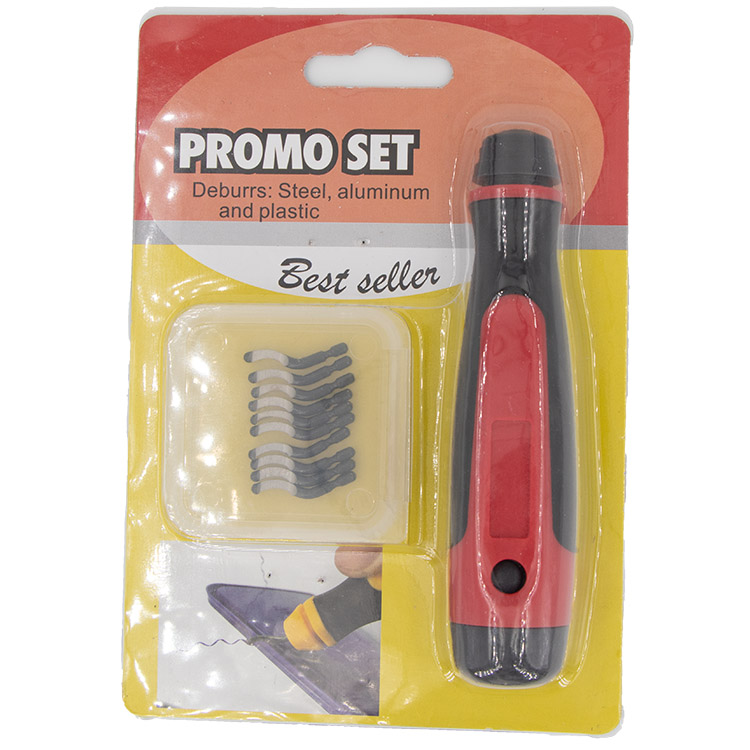Thread Plug Gauge Suppliers
Selecting reliable thread plug gauge suppliers is crucial for ensuring the accuracy and quality of threaded parts. This guide explores key factors to consider when choosing a supplier, including gauge types, certifications, materials, and quality control processes. We will also cover frequently asked questions and valuable resources to help you make an informed decision. Choosing a right supplier can improve your products quality and boost efficiency of your production line. Wayleading Tools offers various types of gauges for your choice.
Understanding Thread Plug Gauges
What is a Thread Plug Gauge?
A thread plug gauge is a precision measuring tool used to inspect the internal threads of manufactured parts. It determines whether the threads meet specified dimensional tolerances, ensuring proper fit and functionality with mating components.
Types of Thread Plug Gauges
Different types of thread plug gauges cater to various thread forms and inspection requirements:
- GO/NO-GO Gauges: These are the most common type. The 'GO' gauge should easily screw into the threaded hole, while the 'NO-GO' gauge should not enter more than a few threads.
- Tapered Thread Gauges: Used for inspecting tapered threads, such as those found in pipe fittings.
- Thread Ring Gauges: Used for inspecting external threads (opposite of plug gauges).
- Special Thread Gauges: Custom-made gauges for unique thread forms or specific applications.
Factors to Consider When Choosing Thread Plug Gauge Suppliers
Gauge Material and Hardness
The material and hardness of the gauge directly affect its accuracy and lifespan. Common materials include:
- Tool Steel: Offers good wear resistance and is suitable for general-purpose applications.
- Carbide: Provides exceptional wear resistance and is ideal for high-volume or abrasive applications.
- Chrome Plating: Adding chrome plating to tool steel gauges improves wear resistance and reduces friction.
Ensure the supplier specifies the material and hardness (Rockwell C scale) of their gauges. High-quality thread plug gauges typically have a hardness rating of at least 58 HRC.
Accuracy and Certification
Accuracy is paramount. Look for thread plug gauge suppliers who provide gauges certified to recognized standards such as:
- ANSI/ASME: American National Standards Institute/American Society of Mechanical Engineers
- ISO: International Organization for Standardization
- DIN: Deutsches Institut für Normung (German Institute for Standardization)
Ask for calibration certificates that demonstrate traceability to national or international standards. A reputable supplier will have a robust calibration process and documentation. Wayleading Tools' gauges are certified and traceable.
Quality Control Processes
Inquire about the supplier's quality control procedures. Do they perform dimensional inspections, hardness testing, and surface finish analysis? A rigorous quality control system ensures that the gauges meet specified tolerances and performance requirements.
Lead Time and Availability
Consider the supplier's lead time, especially if you require custom gauges or have urgent needs. Ask about their inventory management and production capacity. A reliable supplier will provide realistic delivery estimates and maintain sufficient stock of standard gauges. For a lot of standard gauges, Wayleading Tools can provide fast delivery.
Pricing and Payment Terms
Compare pricing among different suppliers, but don't solely focus on the lowest price. Consider the overall value, including quality, accuracy, and customer service. Negotiate payment terms that are favorable to your business.
Supplier Reputation and Experience
Choose a supplier with a proven track record of delivering high-quality gauges and providing excellent customer service. Read online reviews, ask for references, and check their industry affiliations. A long-standing presence in the market often indicates reliability and expertise.
Customer Support and Technical Expertise
Select a supplier that offers responsive customer support and technical expertise. Can they answer your questions about gauge selection, application, and maintenance? Do they provide technical documentation and support resources? A knowledgeable supplier can help you optimize your gauging processes and avoid costly errors.
Maintaining Your Thread Plug Gauges
Proper maintenance extends the life and accuracy of your thread plug gauges:
- Cleaning: Clean gauges regularly with a soft cloth and a suitable cleaning solvent.
- Storage: Store gauges in a clean, dry environment to prevent corrosion and damage.
- Calibration: Recalibrate gauges periodically to ensure continued accuracy. The frequency of calibration depends on usage and application.
Resources for Finding Thread Plug Gauge Suppliers
- Online Directories: Use online directories such as ThomasNet or IndustryNet to search for thread plug gauge suppliers.
- Trade Shows: Attend manufacturing trade shows to meet suppliers and see their products firsthand.
- Industry Associations: Contact industry associations for recommendations on reputable suppliers.
Frequently Asked Questions (FAQs)
What is the difference between a GO and NO-GO thread plug gauge?
The GO gauge checks the maximum material condition of the thread, ensuring that a fastener can be easily assembled. The NO-GO gauge checks the minimum material condition, preventing assembly if the thread is too tight.
How often should I calibrate my thread plug gauges?
Calibration frequency depends on usage, application, and the manufacturer's recommendations. A general guideline is to calibrate gauges every 6-12 months.
Can I use a thread plug gauge for both internal and external threads?
No, thread plug gauges are specifically designed for inspecting internal threads. Use thread ring gauges for external threads.
What are the common thread standards?
Common thread standards include:
- Unified Thread Standard (UTS): Includes UNC, UNF, UNEF threads
- Metric Thread Standard (ISO)
- National Pipe Thread (NPT)
Thread Plug Gauge Selection Guide
Selecting the right thread plug gauge is dependent on several factors. Use the table below to help determine your needs:
| Factor | Considerations |
|---|---|
| Thread Type | Identify the thread type (e.g., UNC, UNF, Metric, NPT). |
| Thread Size | Determine the nominal thread size and pitch. |
| Tolerance Class | Specify the required thread tolerance class (e.g., 6H for Metric, 2B for Unified). |
| Gauge Type | Choose the appropriate gauge type (GO/NO-GO, Tapered, etc.). |
| Material | Select the gauge material based on application (Tool Steel, Carbide, etc.). |
| Certification | Ensure the gauge is certified to relevant standards (ANSI/ASME, ISO, DIN). |
By considering these factors, you can confidently select the right thread plug gauges for your specific needs, ensuring the quality and reliability of your threaded parts.
Disclaimer: This article provides general information and should not be considered a substitute for professional advice. Always consult with a qualified expert for specific recommendations.
Find more information about gauging solutions at www.wayleading.com.
Related products
Related products
Best selling products
Best selling products-
 5C Hex Collet With Inch and Metric Size
5C Hex Collet With Inch and Metric Size -
 Precision Expanding Mandrel From 9/16″ to 3-3/4″
Precision Expanding Mandrel From 9/16″ to 3-3/4″ -
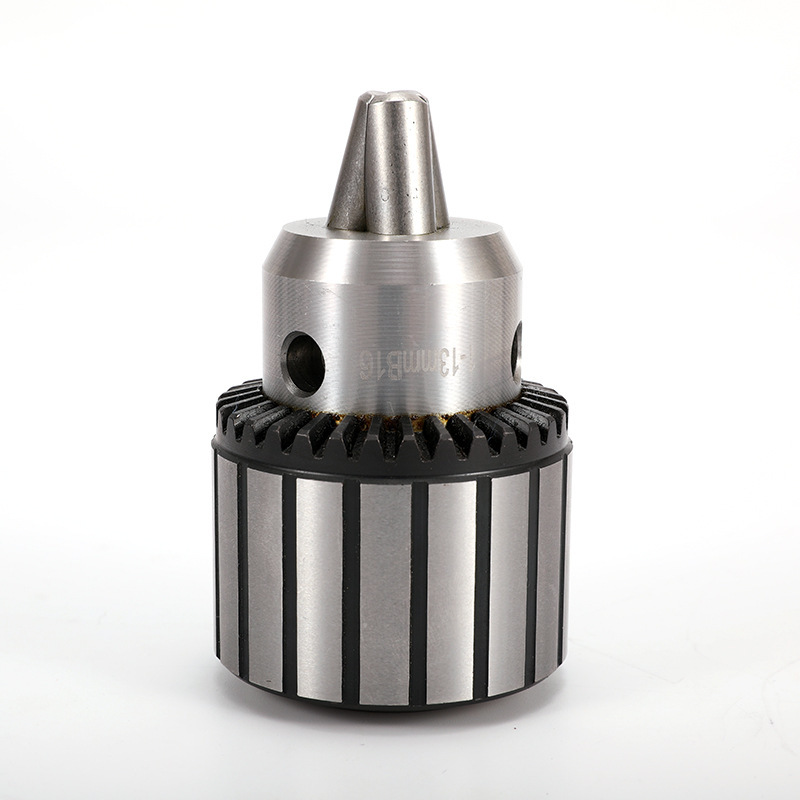 Key Type Drill Chuck With Heavy Duty Type
Key Type Drill Chuck With Heavy Duty Type -
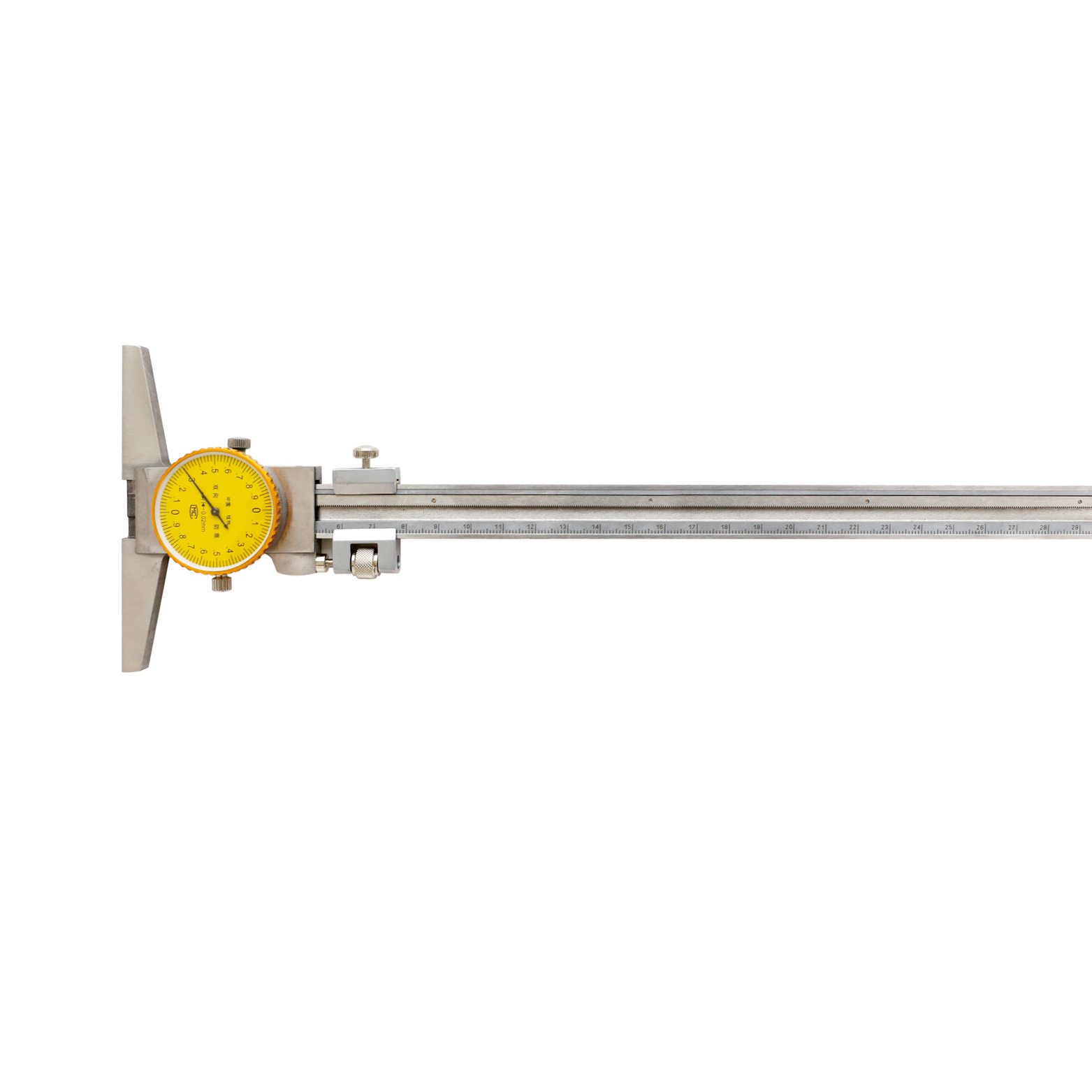 Dial Depth Gauge With Stainless Steel For Industrial Type
Dial Depth Gauge With Stainless Steel For Industrial Type -
 Precision 2pcs Angle Blocks Set With High Quality Type
Precision 2pcs Angle Blocks Set With High Quality Type -
 Type B Cylinder Tungsten Carbide Rotary Burr
Type B Cylinder Tungsten Carbide Rotary Burr -
 ISO Metric Hexagon Die With Right Hand
ISO Metric Hexagon Die With Right Hand -
 Straight Shank ER Collet Chuck Holders With Extending Rod
Straight Shank ER Collet Chuck Holders With Extending Rod -
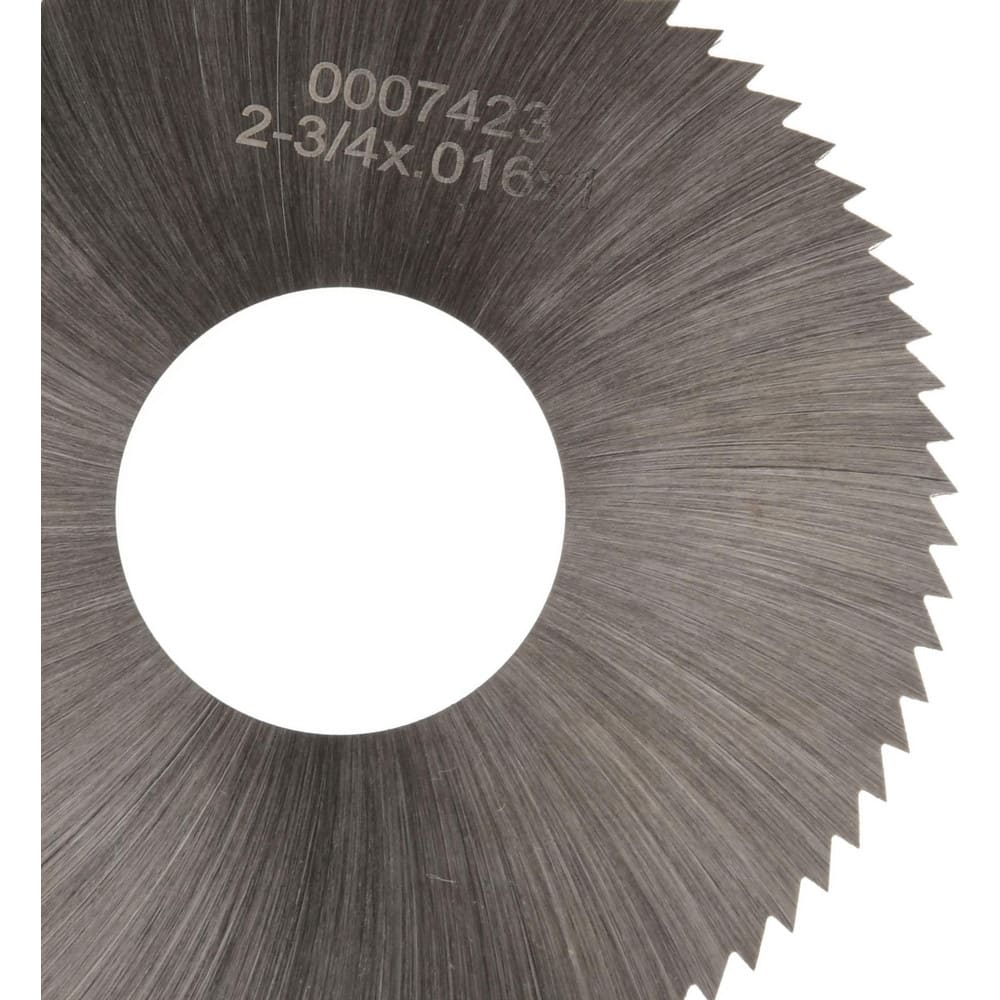 HSS Inch Plain Metal Slitting Saws For Industrial
HSS Inch Plain Metal Slitting Saws For Industrial -
 Outside Micrometer Set Of Inch & Metric For Industrial
Outside Micrometer Set Of Inch & Metric For Industrial -
 Deburring Tool Blades Using For Deburring
Deburring Tool Blades Using For Deburring -
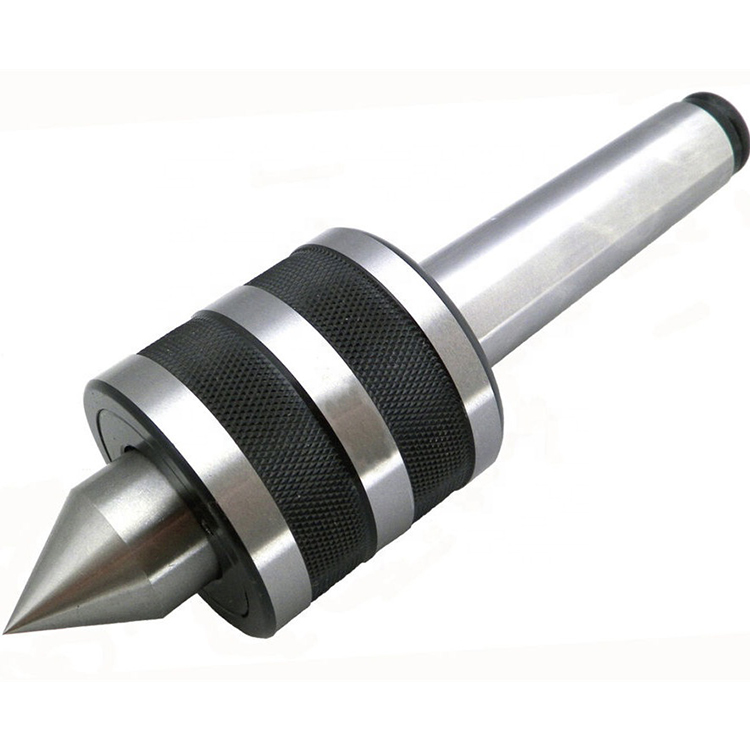 Midium Duty Live Center For Morse Taper Shank
Midium Duty Live Center For Morse Taper Shank
Related search
Related search- tapered reamer Factory
- thickness gauges Manufacturer
- High-Quality british standard taper pipe full profile threading insert
- revolving center Suppliers
- shell end mill arbor Factories
- SVVCN turning tool holder Manufacturer
- PCLN turning tool holder
- tapping tools Factory
- Tungsten Carbide Rotary Burr Supplier
- SCFC boring bar Manufacturer


